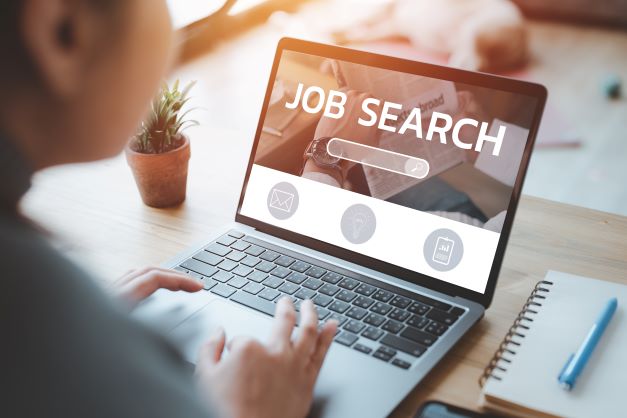A new survey has revealed that 55 per cent of freelancers in the UK theatre industry feel insecure about their jobs in the wake of the COVID-19 pandemic and the ongoing cost-of-living crisis. The survey, entitled Open to All, But Not Open All Hours: Hopes and Fears for the Future of the UK’s Entertainment Industries, was conducted by Freelancers Make Theatre Work in February 2022.
The report is the second of five planned Big Freelancer Surveys, which will run until 2025. The latest survey was conducted among 1,497 theatre freelancers and aims to provide an insight into the impact on freelancers of COVID-19, ongoing pre-COVID-19 issues and the cost-of-living crisis.
The survey found that 27 per cent had seen their debt levels increase since the pandemic, while half reported that their savings had decreased since COVID-19 lockdown measures ended. The percentage of freelancers who felt insecure about their work increased to 65 per cent among those who had a disability and/or condition which affected their working lives or who came from a working-class background.
Half of all respondents reported witnessing at least one incident of discrimination and/or harassment over the previous year, with a total of 1,701 incidents reported. The most common forms of discrimination and/or harassment were unfair treatment (25 per cent of incidents), sexism (19 per cent), bullying (18 per cent) and racism (10 per cent).
48 per cent of those who reported discrimination and/or harassment said it had not been reported at the time, while 25 per cent were unsure whether it had been reported.
16 per cent said that they were considering leaving the sector within the next year, although this was down from a third of respondents in the first of the Big Freelancer Surveys. 35 per cent said that they doubted whether they would permanently work in the industry.
The report included numerous recommendations for the theatre sector to better support freelancers, including funding for accessibility, greater access to training and development, paid parenting leave matching that of PAYE employees, more investment in digital work, a sector-wide safeguarding system and holiday and sick pay.
Other recommendations included greater transparency over jobs and pay, the development of more solutions to tackle the growing mental health crisis and a review into the possibility of universal basic income for freelancers in the creative industries.
Sign in
Welcome! Log into your account
Forgot your password? Get help
Password recovery
Recover your password
A password will be e-mailed to you.









